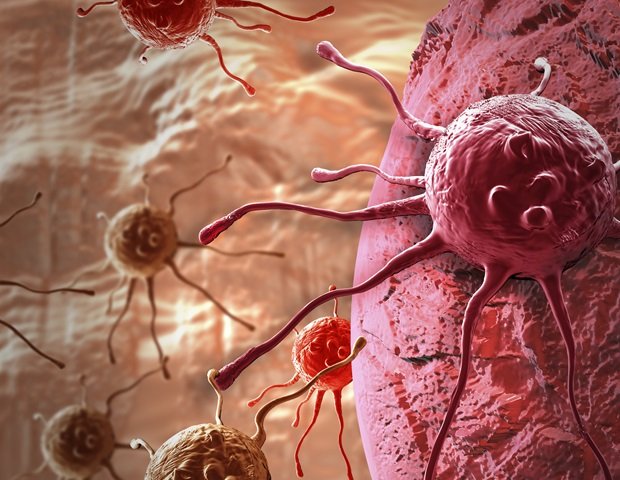Cancer is still the leading cause of death worldwide. Worldwide, there are an estimated 20 million new cases of cancer and 10 million deaths. Weight will continue to increase globally by almost 60% over the next two decades. The immediate consequence will put physical, emotional and financial strain on individuals, families, communities and the health system.
Groundbreaking progress in the treatment of cancer through immunotherapy is evident in remarkable results, particularly in previously untreatable cancers such as metastatic melanoma. Despite these successes, widespread use of these therapies faces challenges due to their limited efficacy and associated side effects.
To overcome these obstacles and make immunotherapies safer and more effective, it is important to deepen our understanding of the complex interactions between cancer cells and the immune system. A major obstacle to this research is the lack of accurate preclinical models that closely mimic human immunity. These models are essential for identifying new therapeutic targets, understanding biomarkers for treatment response and side effects, and generating reliable data about how different drugs can work together.
Introducing the COST Action IMMUNO model
Studying and understanding the complexity of the immune response in the context of cancer immunotherapy requires strong communication between immunologists and cancer researchers. This collaboration is essential to create and advance new protocols and strategies that can effectively address persistent questions in the field of cancer immunotherapy.
Therefore, more research is needed in this area because standardized preclinical models are lacking to further investigate these mechanisms and causes of resistance.
To address this challenge, the COST Action Modeling immunotherapy response and toxicity in cancer (IMMUNO-model) has created a network of researchers involved in the development and application of experimental models. By investigating the cause of resistance, the goal is to increase the quality of life and the survival rate of patients.
Our goal is to bring together clinical and basic researchers, industry, patients and other key stakeholders to improve and translate preclinical designs quickly and efficiently, helping us bring immunotherapy to as many patients as possible.“
Dr Eva Martinez-Balibrea, President of IMMUNO-model
The IMMUNO model currently brings together more than 250 researchers and scientists representing 28 countries, from diverse backgrounds and disciplines ranging from basic to clinical research, including academia and industry. This COST Action was launched in November 2022 with the common goal of creating a network of scientists supporting immuno-oncology research by advancing, sharing and standardizing applications of preclinical immunotherapy models.
The IMMUNO-model articulates its work through five working groups, each with its own goals and activities. The results will then be shared to provide improved tools for immunotherapy research to achieve a stronger impact on the life of the cancer patient. “IMMUNO-model is an association of five Working Groups focusing on a wide range of in vitro, ex vivo and in vivo models for solid and hematological tumors as well as communicating our activities under the Action.” adds Dr Laura Belver, head of the task force.
To better understand the complexity, the IMMUNO model released a video “Discover how preclinical models will enhance cancer immunotherapy.
The collective efforts of the network, orchestrated through the Working Groups, are poised to yield positive results. The focus on a variety of experimental models, as embodied in the IMMUNO model, underscores our integrated approach. The forthcoming sharing of the results is expected to provide advanced tools for immunotherapy research.
The ultimate goal of this Action is to contribute to the transformation of new scientific discoveries into benefits for cancer patients and society. The results will be of significant benefit to the clinic, as the knowledge generated will provide essential experimental evidence to support the design of new clinical trials. This in turn will increase their likelihood of success and have a direct impact on the quality of life and survival of cancer patients.
